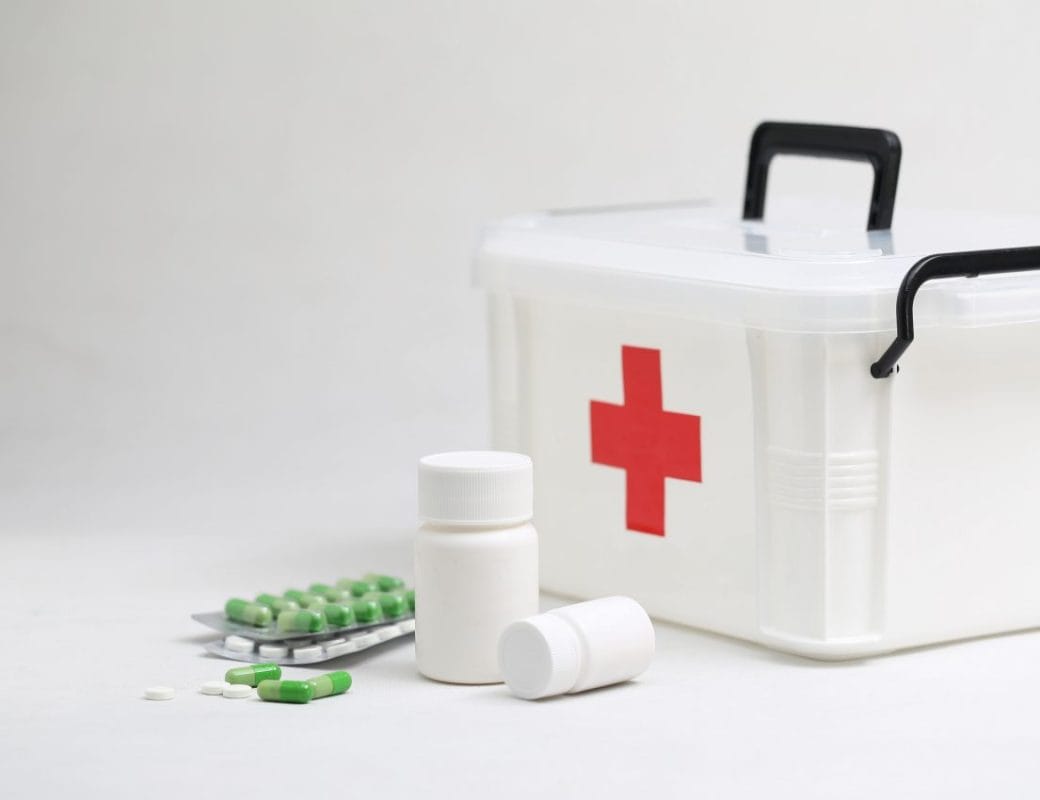First Aid Kit for Boat Safety
Do you know that in the United States, 636 individuals lost their lives due to boating accidents? At the same time, 2,222 people sustained injuries in the year 2022 alone.
Whether you’re a seasoned sailor or a casual paddler, being out on the water has its share of risks. That’s why having a well-equipped first aid kit on board is not just a good idea; it’s a necessity.
In this guide, let’s explore what you need to know about building a first-aid kit for your boat.
Why is it essential to have a first aid kit on your boat?
Whether you’re having a boat built or embarking on your very first voyage, it’s vital to include medical equipment or marine series medical kits. It ensures you’re well-prepared for unforeseen accidents or emergencies while on the water.
- Remote locations: Medical assistance may not be readily available on the water. A first aid kit lets you address minor injuries and medical issues before they worsen.
- Immediate response: Readily accessible supplies can help you respond quickly and effectively.
- Prevention of infections: Even minor cuts and scrapes can become infected if not properly treated. Antiseptic wipes, disinfectants, and bandages in the first aid kit can help prevent infections and promote healing.
- Management of pain and discomfort: Pain relievers included in the kit can help manage minor aches and pains that may occur while boating, such as headaches or muscle strains.
11 First Aid Kit Essentials for Your Boat
- Basic first aid manual: Get a book that teaches simple steps. This book will show you what to do if someone gets hurt on your boat.
- Waterproof container: Find a strong, waterproof box or bag. This container will keep your first aid supplies dry and safe from the water. It’s vital because wet supplies won’t work well when needed.
- Antiseptic wipes and disinfectant: Keep special wipes or sprays that kill germs. These are essential for cleaning wounds. When you get hurt, these wipes help make sure your cuts don’t get infected.
- Assorted bandages and gauze: Have different sticky bandages and clean gauze sizes. They cover wounds and help stop bleeding. It’s like having special stickers and soft pads on your cuts.
- Medical gloves: Put on disposable gloves to protect your hands. These gloves keep germs away when you’re helping someone who’s hurt.
- Scissors and tweezers: Keep small scissors and tweezers in your kit. Scissors help cut bandages, and tweezers pull out splinters.
- Pain relievers: Have pills for when you feel pain. These pills help with headaches or other aches.
- Burn cream or gel: Use a special cream or gel for burns. It helps soothe the burn and makes it heal faster.
- Motion sickness medication: If someone feels sick from the boat moving, give them special medicine. This medicine helps them feel better.
- Emergency blanket: Keep a special blanket for emergencies. It keeps you warm if you’re cold or in shock.
- Whistle or signal mirror: Have a whistle or mirror to call for help. These things help others find you if you’re in trouble.
Six Tips to Stay Safe and Healthy on the Water
Whether it’s a serene lake or the vast ocean, staying safe and healthy should be your top priority when enjoying the water.
- Boat safety equipment: Ensure your boat is equipped with essential safety equipment, like life jackets, a first aid kit, a whistle/horn, and navigation lights for night cruising.
- Apply sunscreen: Protect your skin with a high SPF before heading out on the water. Reapply sunscreen every few hours or so, especially if swimming or sweating.
- Stay hydrated: It’s essential to stay hydrated, especially on hot days. Bring potable water and drink regularly to prevent dehydration.
- Know the weather: Check the weather forecast thoroughly before going to the water. Avoid boating or engaging in water activities during storms or high winds, as conditions can quickly become dangerous.
- Learn to swim: It is essential to know how to swim if you spend time on or near the water. Consider taking swimming lessons to boost your skills and confidence.
- Stay alert and aware: Pay attention to the surroundings and other boaters, swimmers, and watercraft. Stay alert for any hazards, such as rocks, submerged objects, or strong currents.
By investing in a well-stocked first aid kit and preparing for emergencies, you can enjoy your boating adventures with greater peace of mind, knowing you’re ready to tackle anything that comes your way. Stay safe and happy sailing!
